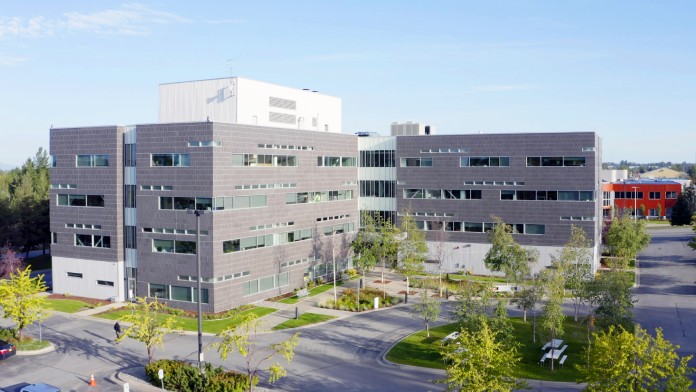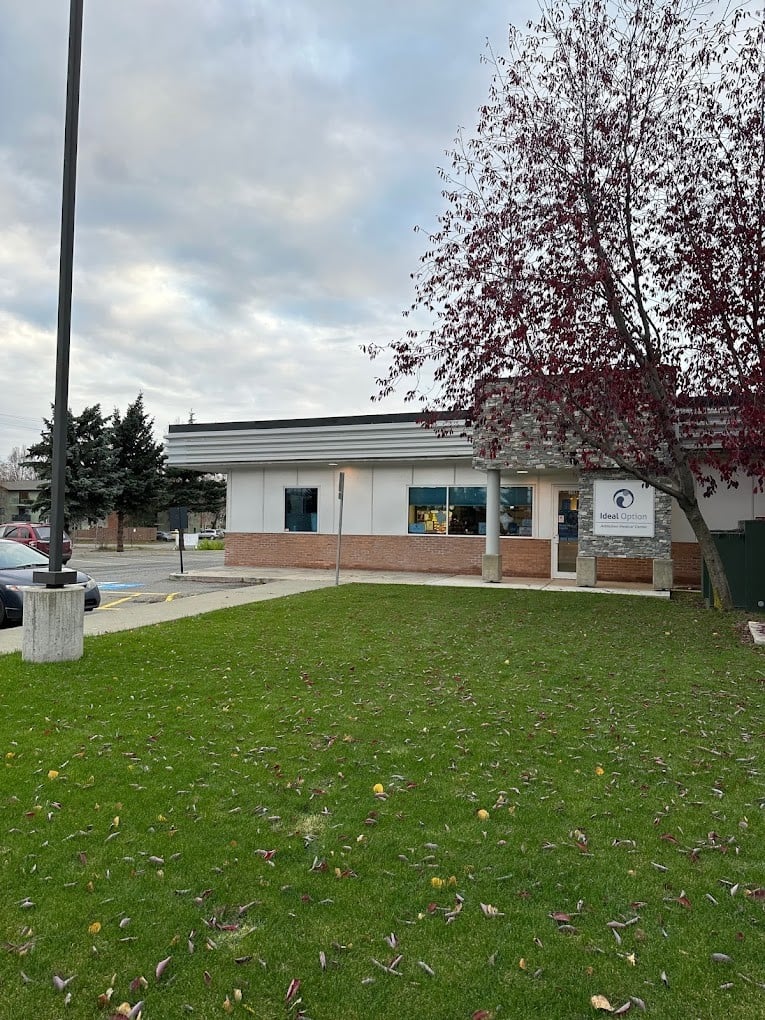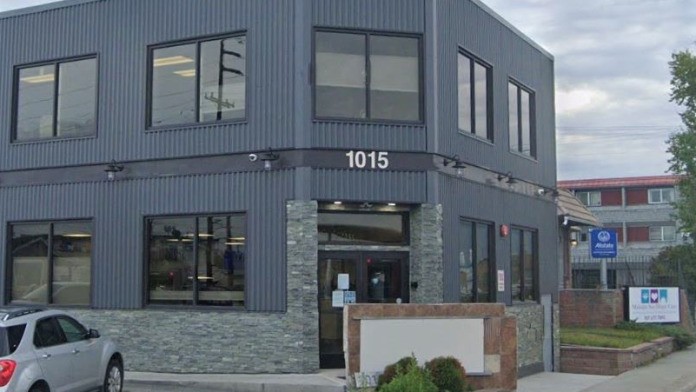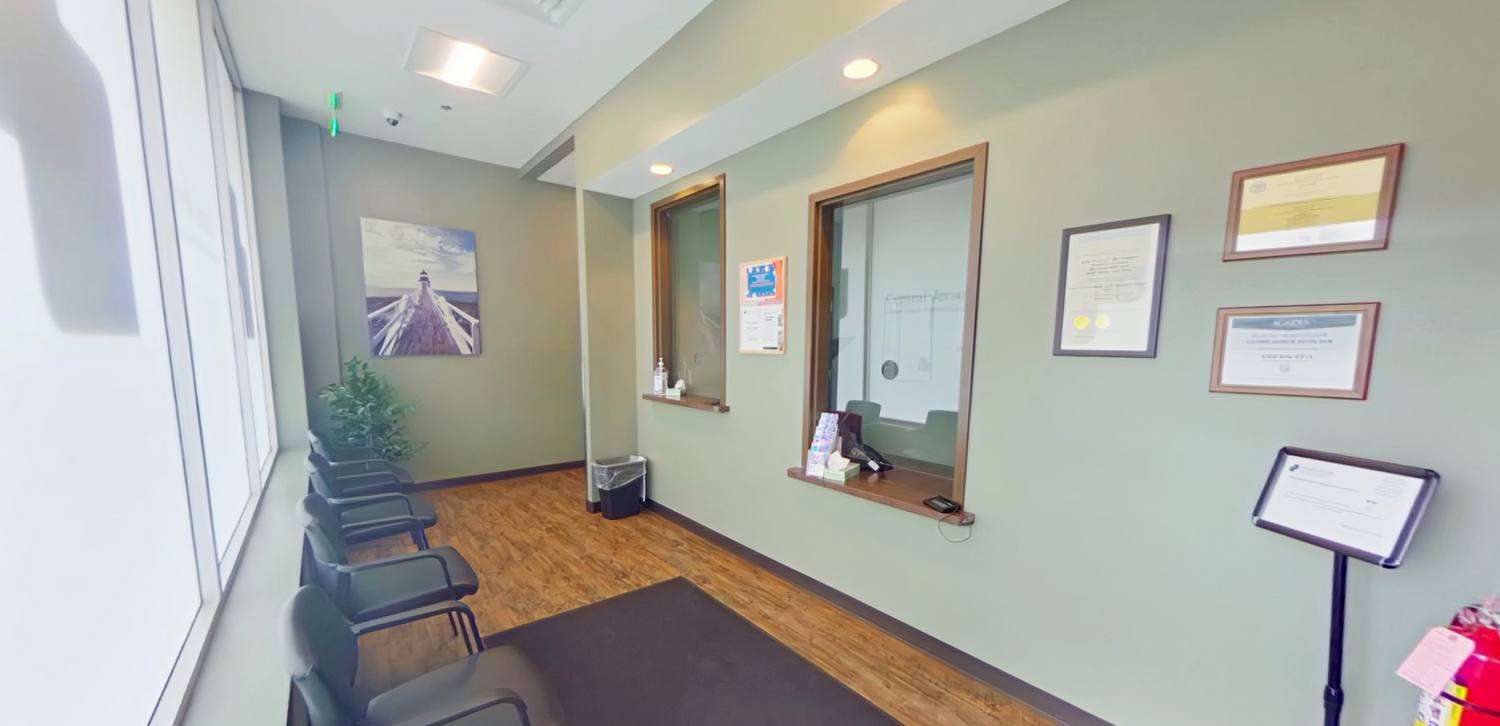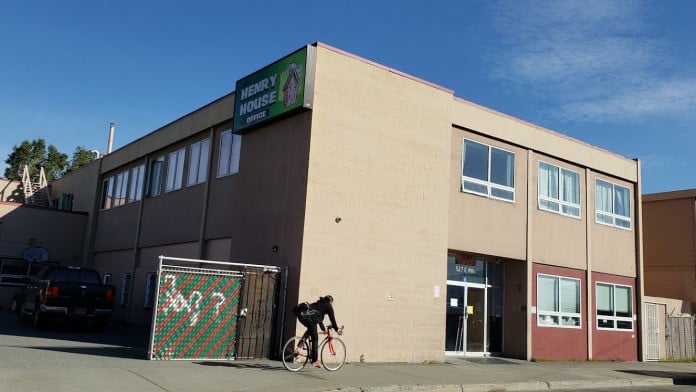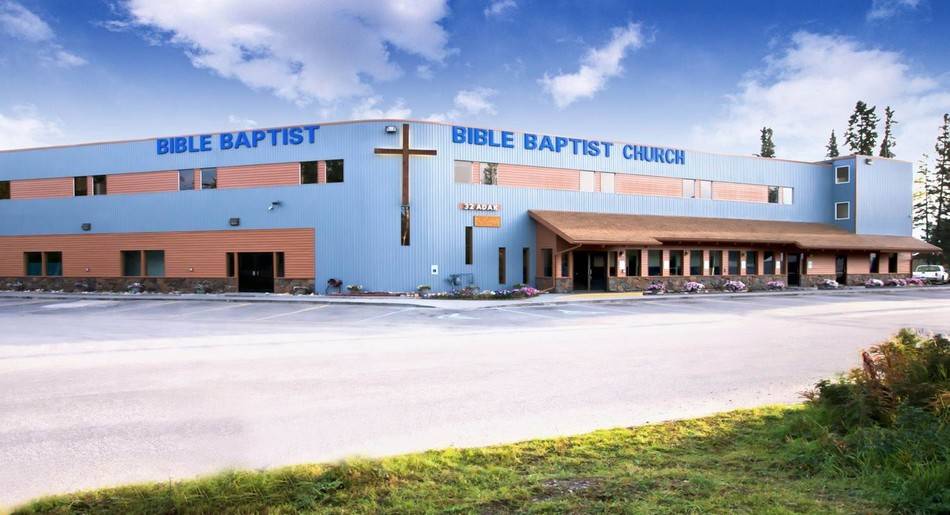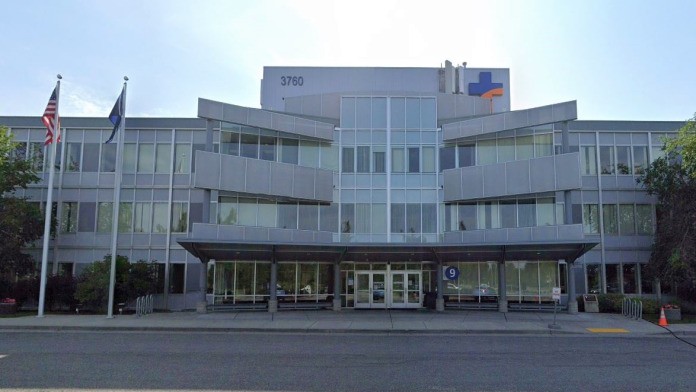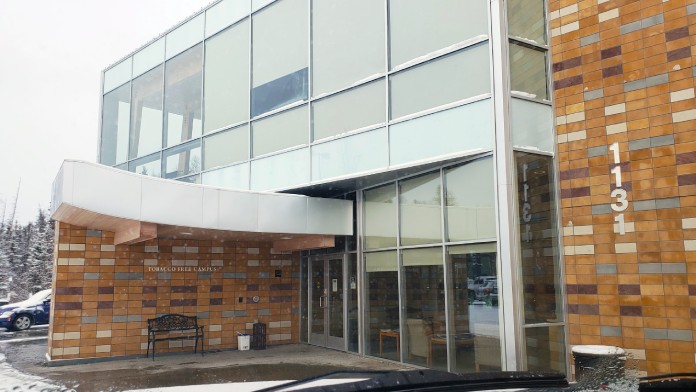About Southcentral Foundation Four Directions Outpatient Treatment Center
Located in Anchorage, Alaska, Southcentral Foundation Four Directions Outpatient Treatment Center takes a whole person approach to addiction recovery. Customer-owners, as they’re called here, work with a dedicated team to develop a recovery plan built around your specific needs and goals.
Services are available to Alaska Native, American Indian and non-Native Alaskan adults throughout the Alaskan community. Most insurance plans are accepted here, as well as Medicare and Medicaid. They provide income-based pricing to make care more affordable, and they’re located in Anchorage, Alaska.
Medications That Support Recovery
Medications for Addiction Treatment (MAT) give customer-owners access to prescriptions that support recovery from opioids, alcohol and tobacco. They prescribe buprenorphine and naltrexone for opioid use disorder, and they offer medication options for alcohol and tobacco use too.
From Detox to Ongoing Care
I think it’s great that as part of their network, they can refer you to Southcentral Foundation Detox, which provides medically supervised withdrawal management for Alaskans over 18. You can safely detox there, connect with behavioral health counselors and link to ongoing treatment programs tailored to your exact recovery needs.
Empowering Clients Through Ownership
They incorporate the Nuka System of Care, a pioneering model that puts clients at the center of their care, making them owners in a relationship-based healthcare approach. It’s been recognized as one of the world’s best examples of healthcare transformation.
Latest Reviews
Rehab Score
Gallery
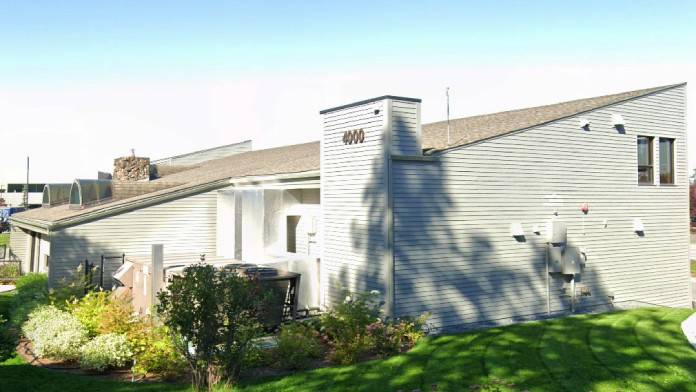
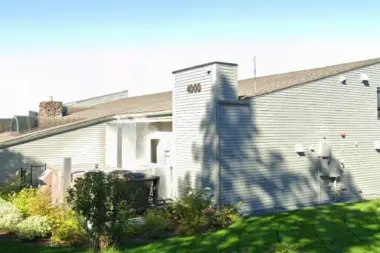
Other Forms of Payment
Sliding scale payments are based on a client's income and family size. The goal is to make treatment affordable to everyone. By taking these factors into account, addiction recovery care providers help ensure that your treatment does not become a financial burden to you or your family, eliminating one barrier to care.
Medicare is a federal program that provides health insurance for those 65 and older. It also serves people under 65 with chronic and disabling health challenges. To use Medicare for addiction treatment you need to find a program that accepts Medicare and is in network with your plan. Out of pocket costs and preauthorization requirements vary, so always check with your provider.
Medicaid is a state based program that helps lower-income individuals and families pay for healthcare. Medicaid covers addiction treatment so those enrolled can use their coverage to pay for rehab. When a program accepts Medicaid the client often pays very little or nothing out of their own pocket.
Addiction Treatments
Levels of Care
Outpatient Programs (OP) are for those seeking mental rehab or drug rehab, but who also stay at home every night. The main difference between outpatient treatment (OP) and intensive outpatient treatment (IOP) lies in the amount of hours the patient spends at the facility. Most of the time an outpatient program is designed for someone who has completed an inpatient stay and is looking to continue their growth in recovery. Outpatient is not meant to be the starting point, it is commonly referred to as aftercare.
Drug and alcohol addiction often takes a heavy toll on one’s body. Over time, a physical dependence can develop, meaning the body physiologically needs the substance to function. Detox is the process of removing drugs and/or alcohol from the body, a process that can be lethal if mismanaged. Medical detox is done by licensed medical professionals who monitor vital signs and keep you safe, healthy, and as comfortable as possible as you go through detox and withdrawal.
Intensive Outpatient programs are for those who want or need a very structured treatment program but who also wish to live at home and continue with certain responsibilities (such as work or school). IOP substance abuse treatment programs vary in duration and intensity, and certain outpatient rehab centers will offer individualized treatment programs. The Intensive Outpatient Program gives patients the chance to participate in a structured treatment plan part-time while they transition back to home and work or other responsibilities.
Inpatient rehab enables clients to focus exclusively on their recovery in a highly structured and supportive environment. Housing, meals, and recreational activities are provided. Inpatient treatment allows clients to engage in extensive addiction counseling and recovery education. The environment also provides clients with an opportunity to prepare for the transition to outpatient care or community-based recovery programs.
Clinical Services
People in Alaska seeking individual therapy for drug addiction receive personalized support to explore the root causes of their substance abuse. Your therapist guides you in developing healthier coping mechanisms and setting realistic goals. Your therapist also uses a customized approach to improve the effectiveness of the treatment and promote sustainable recovery.
Families in Alaska can work with therapists to understand the roles that individual members play in the addiction dynamic. By addressing these patterns, you learn healthier ways to interact with each other and support each other. This contributes to a more effective recovery journey.
Cognitive behavioral therapy in Alaska is often used in the treatment of substance abuse and co occurring mental health disorders. This method of talk therapy is one of the most effective methods of treating these disorders.
Basic techniques for motivational interviewing include open ended questions and reflective listening. The therapist helps you come to your own conclusions about making changes in your life without coercion or judgment.
During trauma therapy, you address traumatic memories within a supportive environment guided by your therapist. This helps you develop healthier coping mechanisms and reduces the emotional impact of the trauma. Overall, it improves your mental health and well being.
Staff

April Kyle, MBA
Southcentral Foundation President and CEO
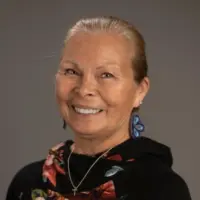
Ileen Sylvester, MBA
Executive Vice President of Executive and Tribal Services

Eby Doug, MD., MPH
Executive Vice President of Specialty Services

Michelle Baker, MBA
Executive Vice President of Behavioral Health Services
Contact Information
4000 Laurel Street
Anchorage, AK 99508
